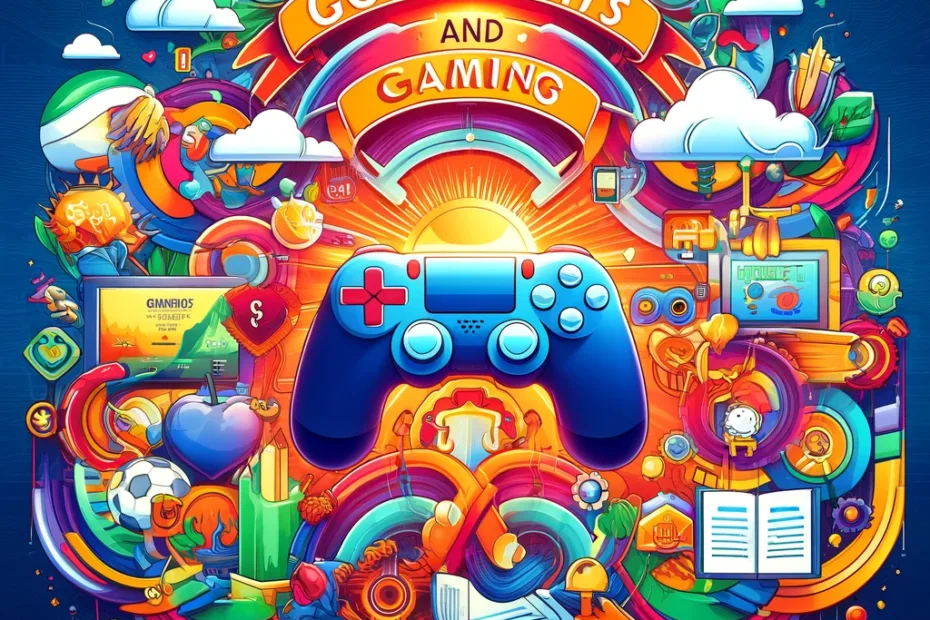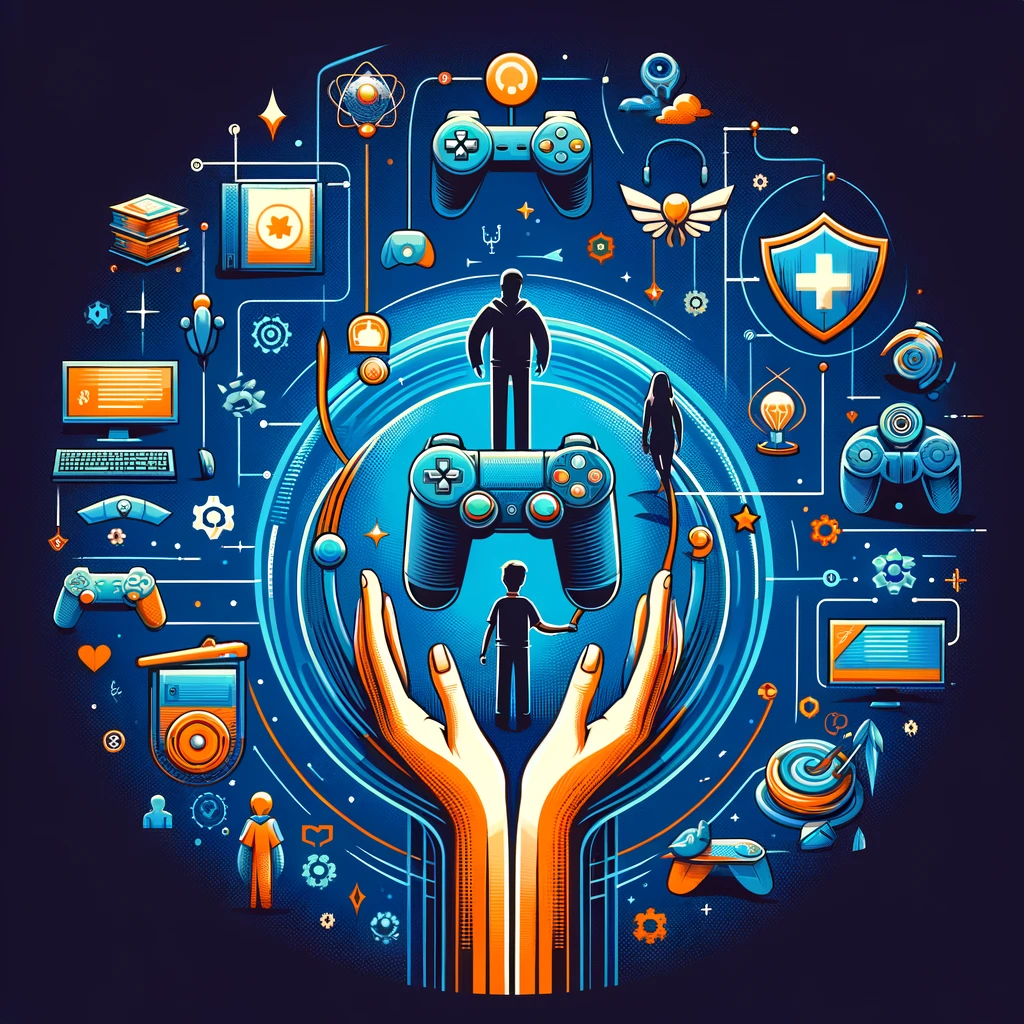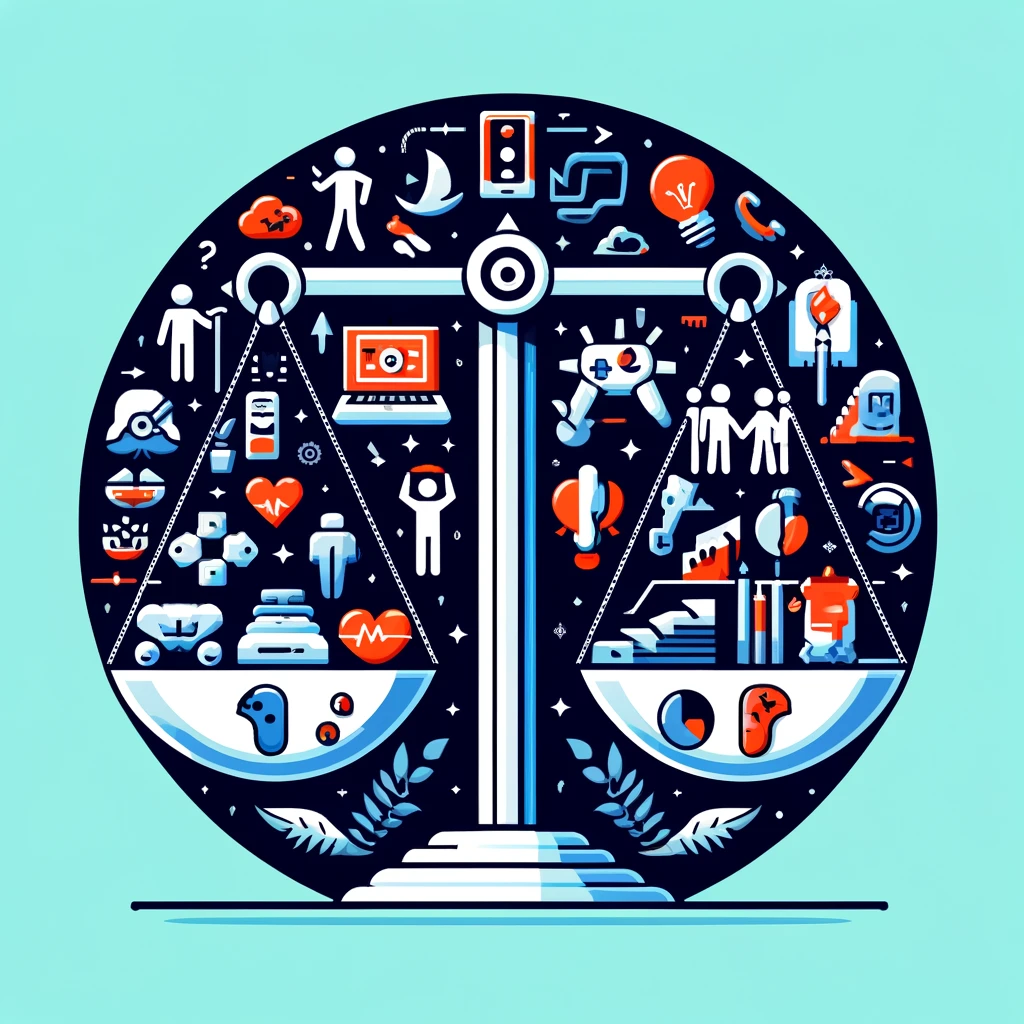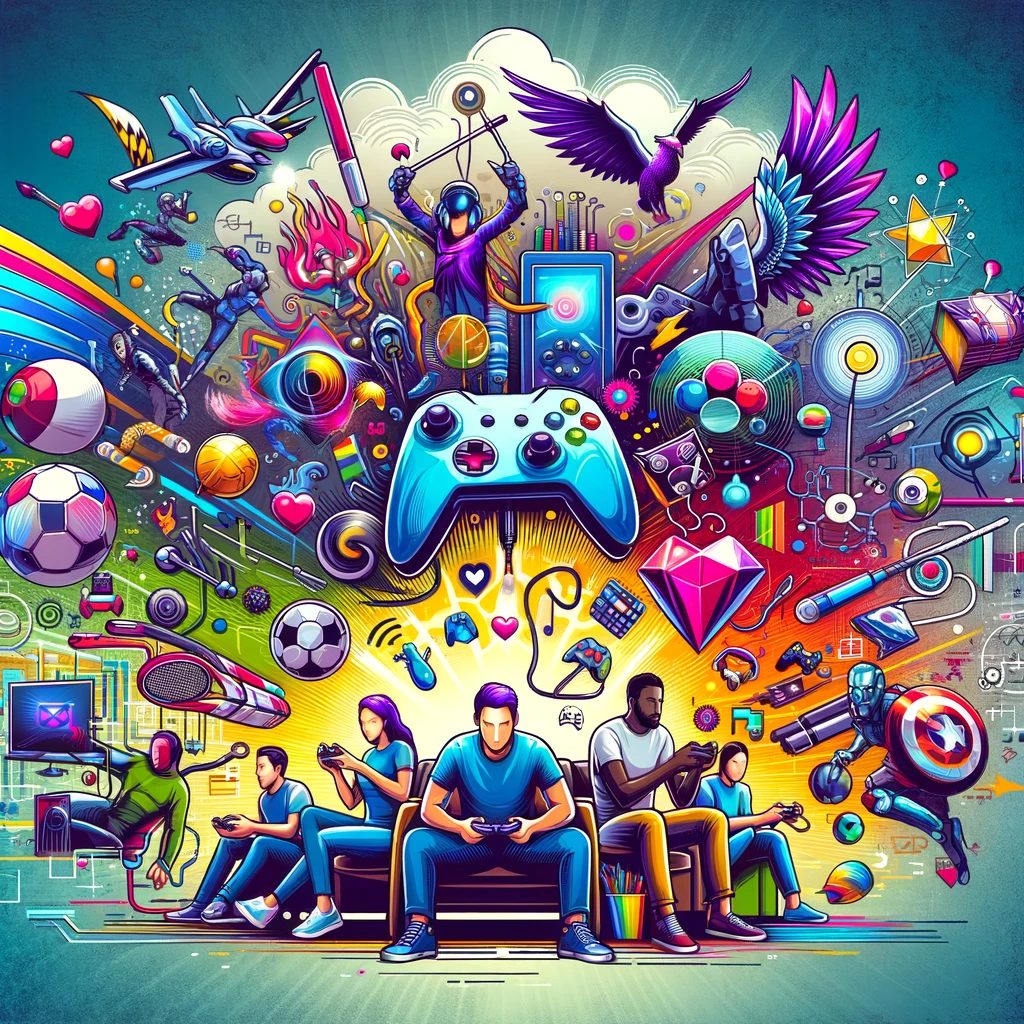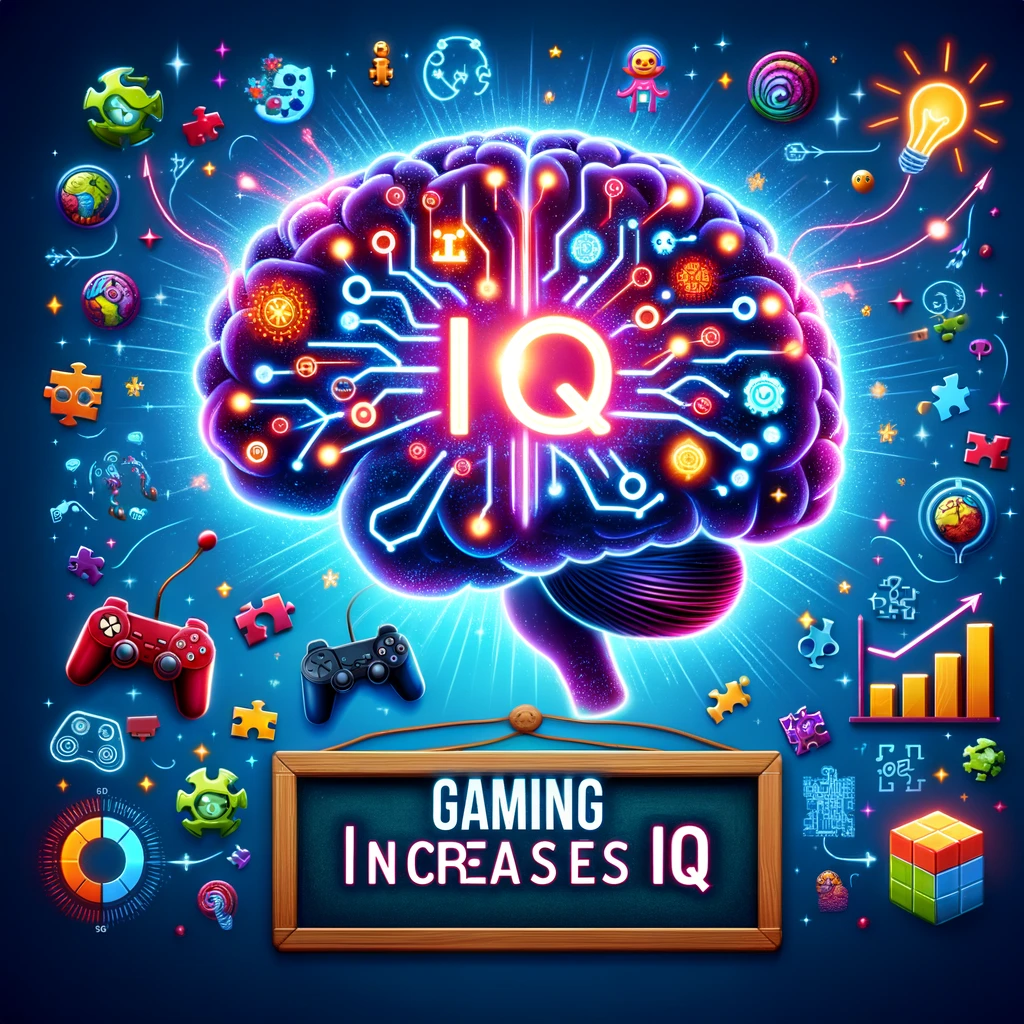Introduction
Gaming often finds itself at the center of debates concerning its impact on behavior and lifestyle. However, when intertwined with good habits, gaming can unfold a myriad of benefits that extend beyond mere entertainment. From educational enrichment to fostering teamwork and enhancing cognitive abilities, gaming, when approached responsibly, can contribute positively to personal development and well-being. This article aims to shed light on the beneficial intersection of good habits and gaming, advocating for a balanced and mindful approach to this popular pastime.
Educational Benefits and Learning
Gaming transcends entertainment, venturing into the realm of education where it becomes a potent tool for learning. Educational games have made subjects like history, language, and science more accessible and engaging. Games like “Civilization” can introduce players to historical events and figures, while language learning games enhance vocabulary and language skills in a fun, interactive environment. Beyond subject-specific titles, many games inherently require critical thinking, strategy, and problem-solving, skills that are valuable in educational contexts.
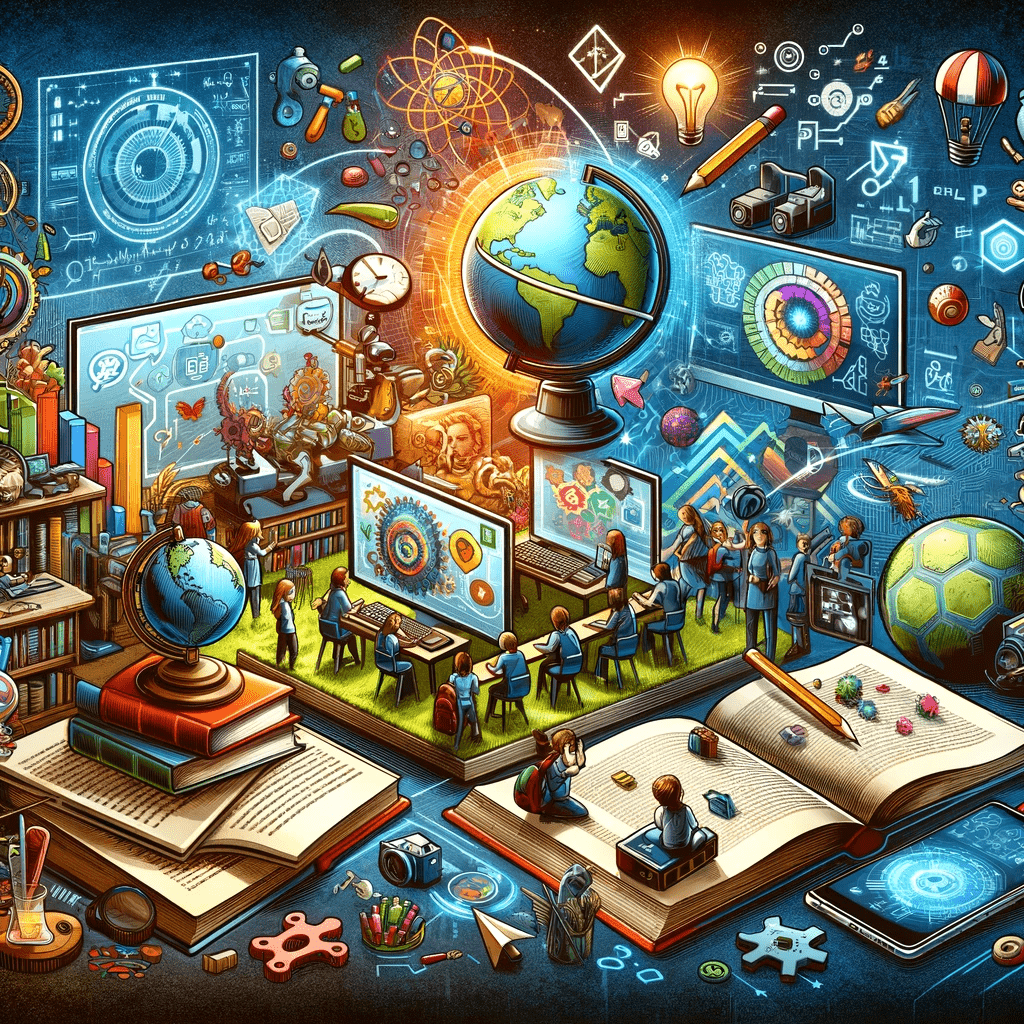
Fostering Community and Teamwork
Online and cooperative games create virtual communities where players collaborate towards common goals, fostering a sense of teamwork and camaraderie. Games that require team strategy, such as “Overwatch” or “League of Legends,” can enhance players’ communication skills, leadership abilities, and cooperative mindset. These communal experiences often translate into improved social skills and teamwork in real-life scenarios, showcasing the social benefits of gaming.

Improving Cognitive Skills
Gaming can serve as a cognitive workout, challenging players to think critically, make quick decisions, and strategize on the fly. Puzzle games like “Portal” and strategy games such as “StarCraft” demand a high level of cognitive engagement, contributing to improved attention, spatial awareness, and memory. These cognitive benefits highlight gaming’s potential to sharpen the mind and enhance problem-solving skills.
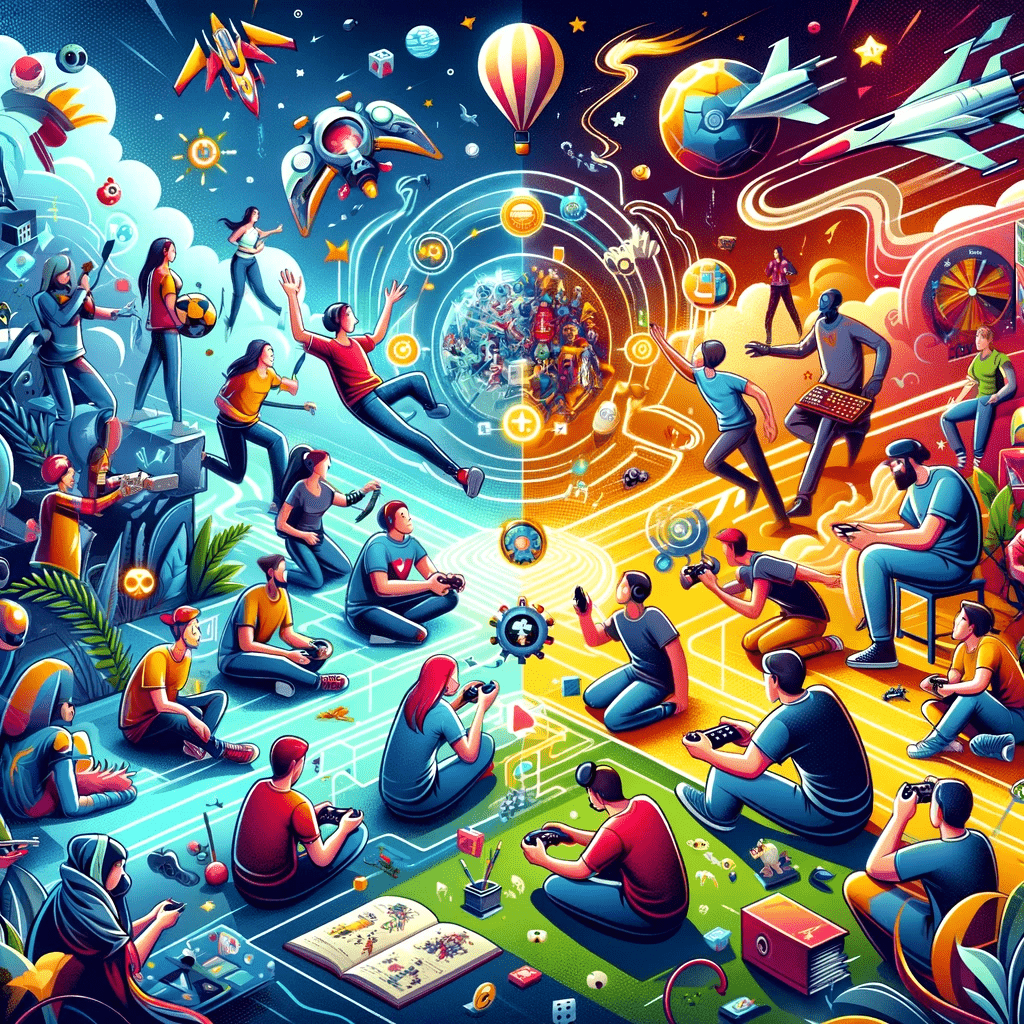
Physical Health and Active Gaming
The rise of active gaming, through platforms like the Nintendo Switch and VR systems, has introduced a new dimension to gaming that emphasizes physical health. Games that require physical movement, such as “Just Dance” or “Beat Saber,” encourage players to be active, blending the fun of gaming with exercise. This shift towards more physically engaging gaming experiences challenges the stereotype of gaming as a sedentary activity and opens up new avenues for incorporating gaming into a healthy lifestyle.
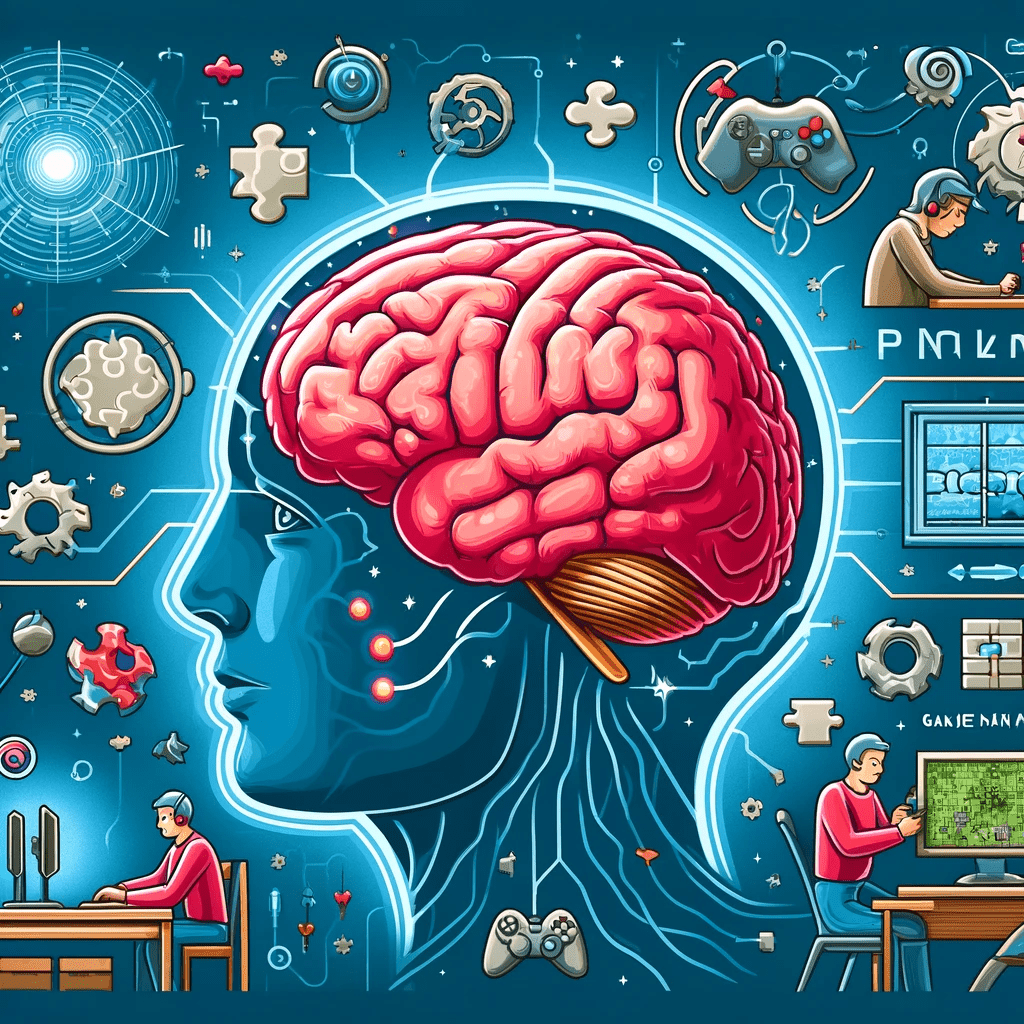
Balancing Gaming with a Healthy Lifestyle
Maintaining a healthy balance between gaming and other aspects of life is crucial. Setting clear boundaries for gaming time, ensuring regular physical activity, engaging in social interactions outside of gaming, and prioritizing responsibilities are key strategies for integrating gaming into a well-rounded lifestyle. This balance ensures that gaming remains a positive and enriching part of life without overshadowing other important areas.
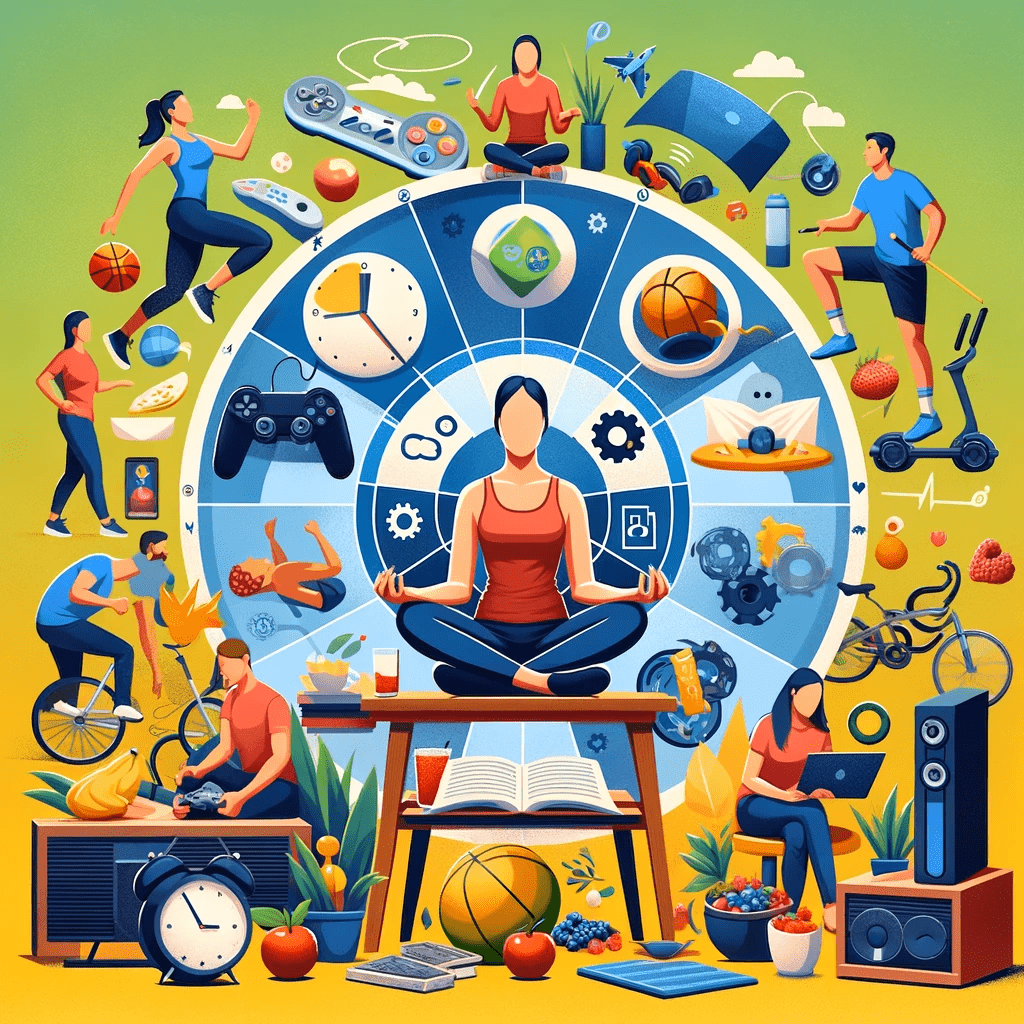
Conclusion
Gaming, when paired with good habits, can be a source of educational enrichment, social connection, cognitive enhancement, and even physical activity. By adopting a mindful and balanced approach to gaming, players can enjoy the myriad benefits it offers while maintaining a healthy, well-rounded lifestyle. The fusion of good habits and gaming exemplifies how this popular pastime can contribute positively to personal development and well-being.
